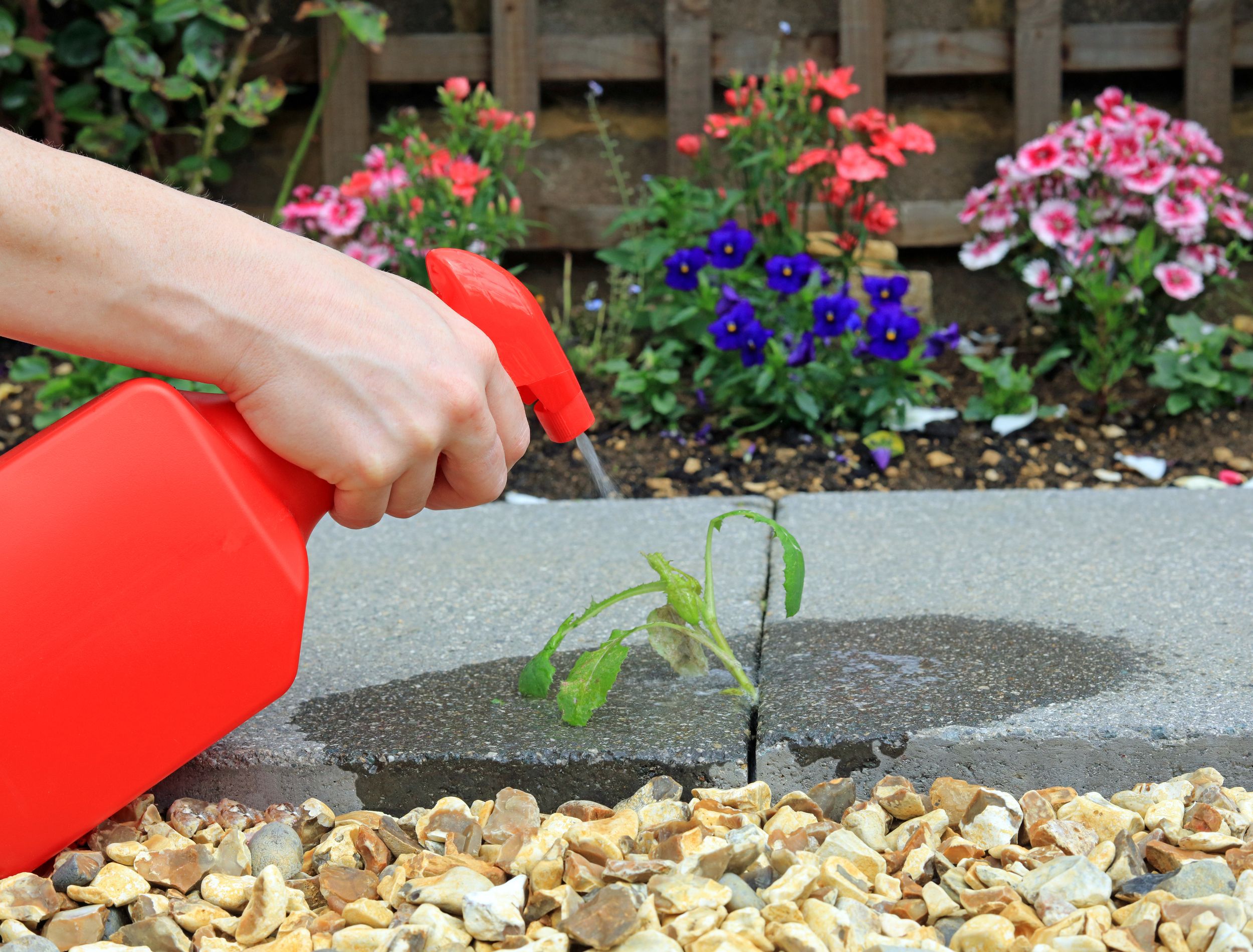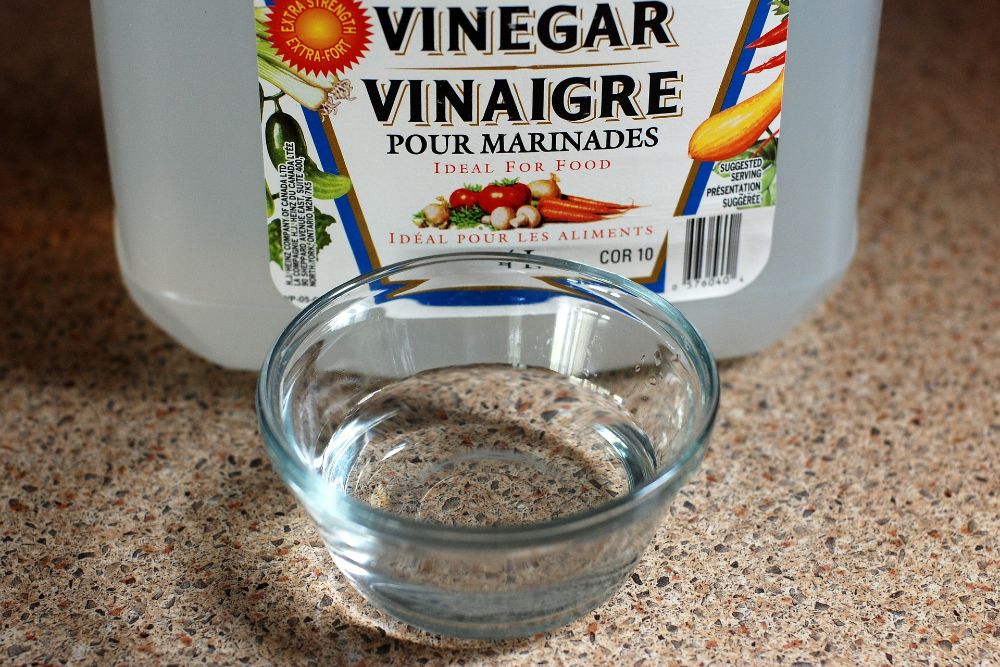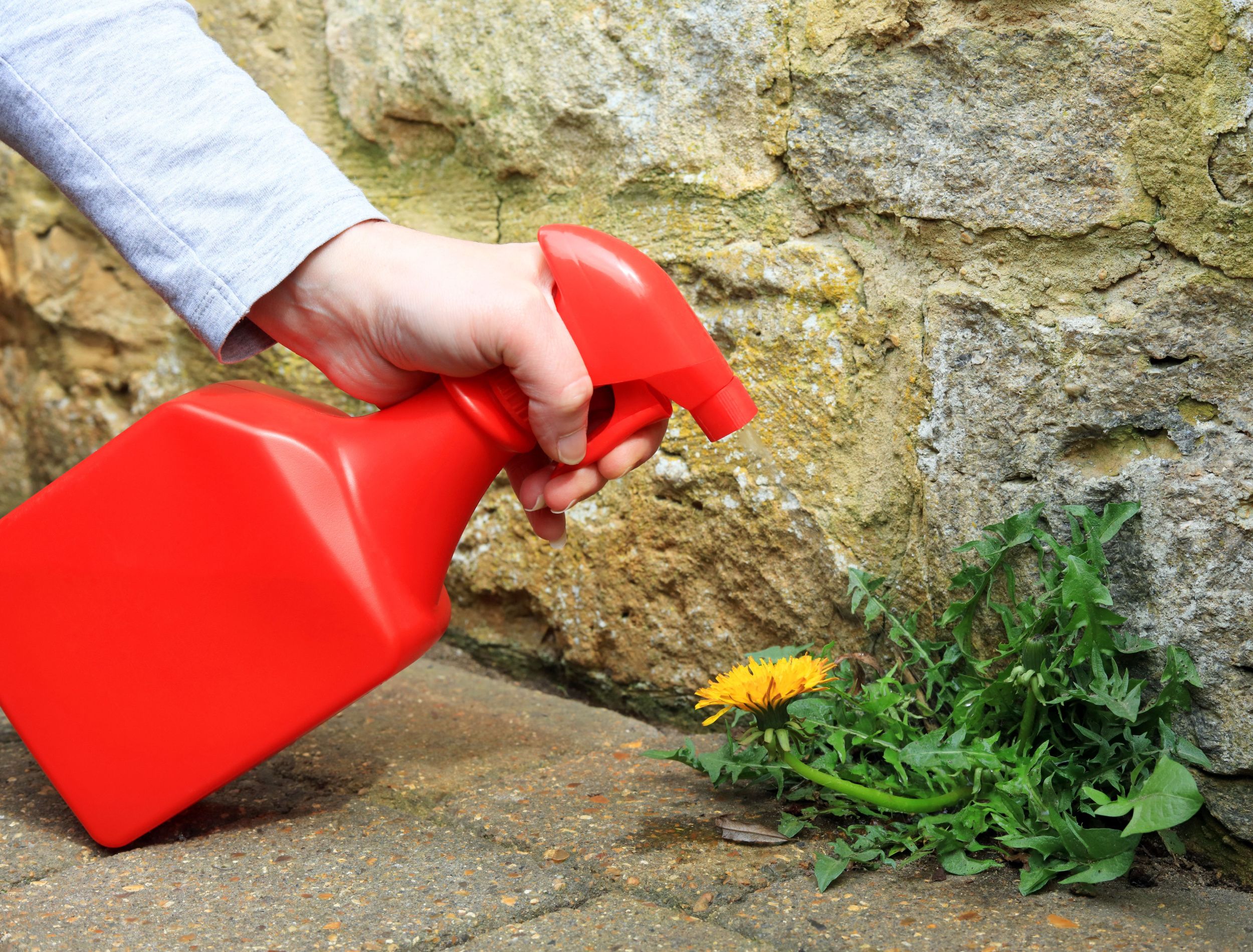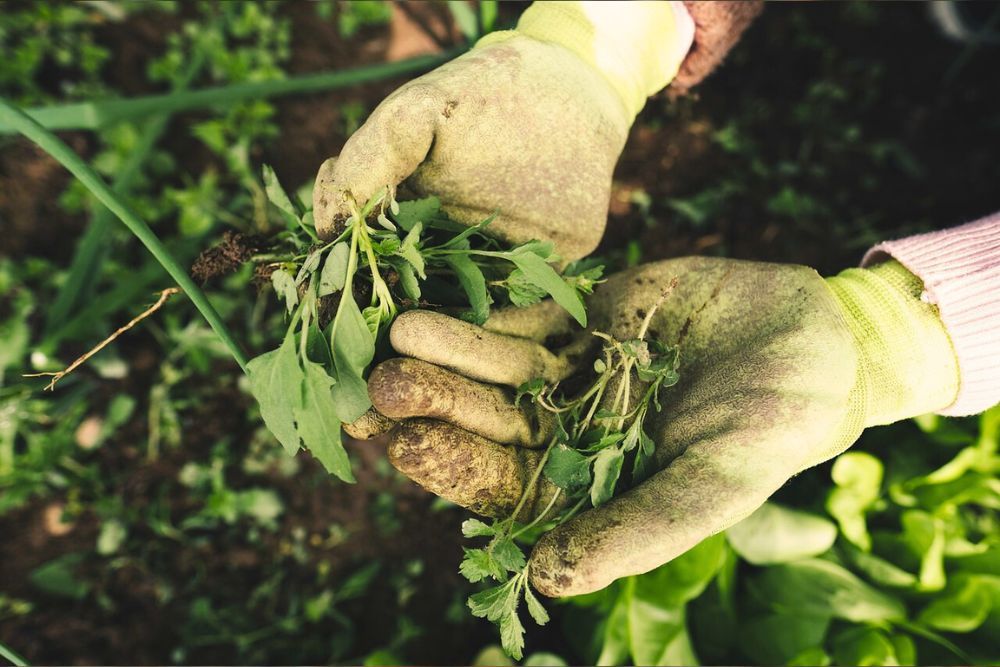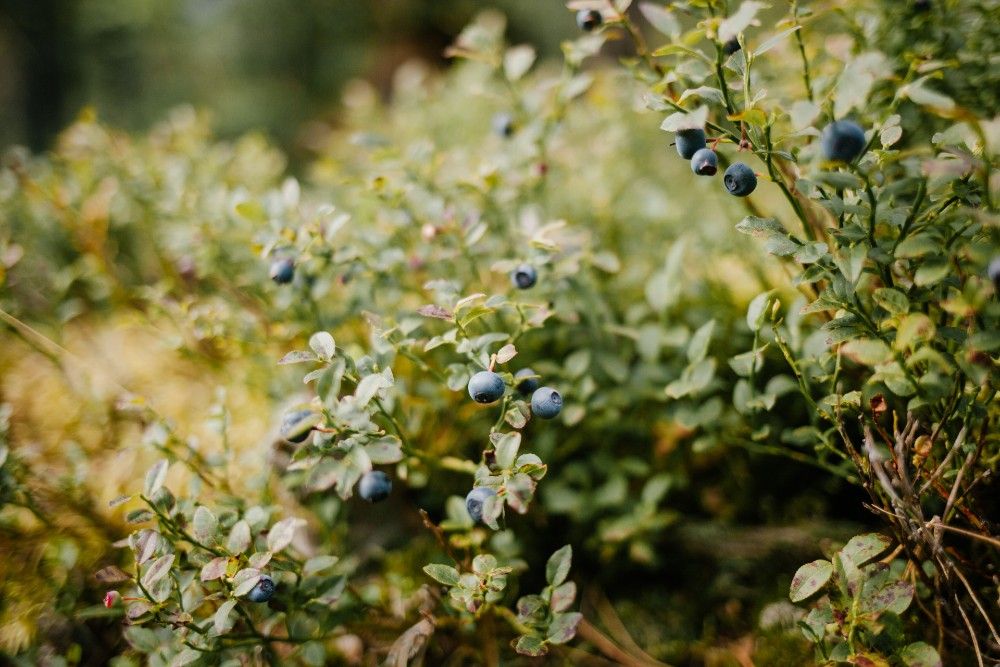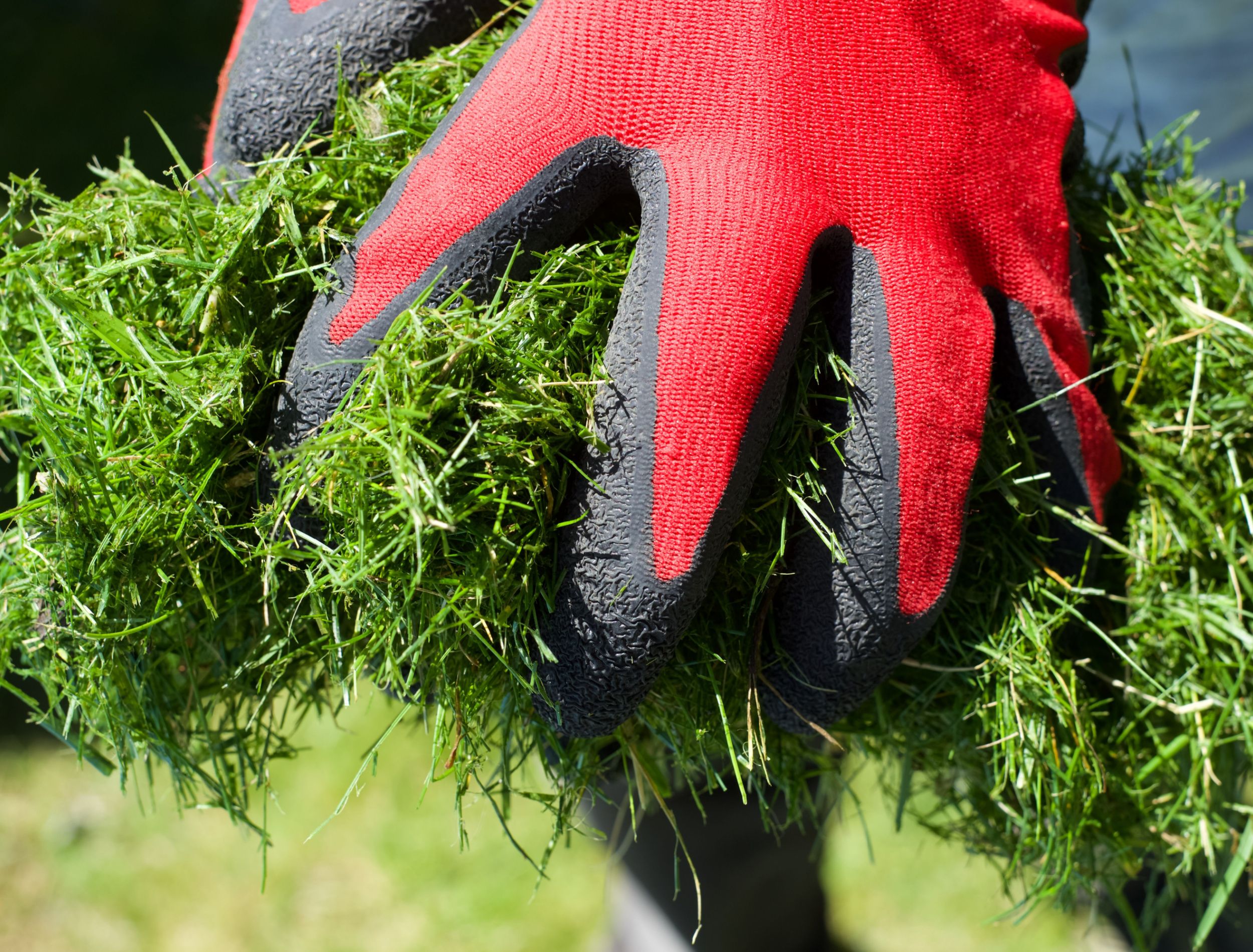Living the green life means tackling more eco-friendly solutions for everyday issues, but some methods are easier said than done. However, there is a solution to pesky weeds that doesn't involve harsh chemical treatments: vinegar!
Though the acidic solution may seem like a strange remedy for such an issue many people have in their outdoor space, it just may be one of the most effective and economical options around. Explore how to use vinegar when dealing with unwanted weeds in your garden, gravel, or yard, and discover whether it truly works as advertised.
Does Vinegar Kill Weeds for Good?
Vinegar is a popular home remedy for getting rid of pesky weeds. But does it really work? The answer is: yes, and no.
At low concentrations, like the 5 or 10 percent found in household vinegar, it may kill young weeds during their early stages of growth. But for older plants, you'll need to use a higher concentration — up to 20 percent — to get the job done.
Vinegar only kills the parts of the plant that come into contact with it, meaning it won't affect roots and other underground parts of the plant, so weed regrowth is possible if those roots are still present in the ground.
So, does vinegar kill weeds for good? The short answer is no, but when used correctly and consistently, it may be an effective tool for keeping your garden looking neat and weed-free temporarily.
How to Use Vinegar for Your Weeds
Start by mixing 1 gallon of white vinegar with 1 cup of either salt or Epsom salt — whichever you prefer. Then add ⅛ cup of dish soap and mix well. Let the bubbles subside, and pour the mixture into a spray bottle. Apply liberally to growing weeds on a sunny day when temperatures are high. The heat helps activate the solution, so it penetrates the foliage more quickly.
Monitor the weeds, and you should see them wilt away within a few days. If you're really struggling with weed control, you can also use a higher concentration of horticultural vinegar. This vinegar has a 15 to 20 percent concentration of acidity, and you'll notice faster results. However, use caution with this concentration, as it may cause skin or lung irritation or burns.
If you notice regrowth, apply this solution as needed.
Benefits of Using Vinegar as a Weed Killer
Not only is vinegar safer for the environment than harsher chemical herbicides, but it is effective in controlling a variety of unwanted plants.
Cost-Effective
One of the significant advantages of using vinegar as a weed killer is its cost-effectiveness. Store-bought herbicides are expensive while purchasing white vinegar from your local grocery store is much more affordable! You'll definitely save money by using this natural solution.
Easy to Use
All you need to do to use vinegar as a weed killer is mix white vinegar with Epsom salt and dish soap and spray it directly onto the weeds. It's a straightforward process that doesn't require special tools or synthetic chemicals.
Safer for Pets and Children
One of the great things about using vinegar as a weed killer is it's safe for pets and children! However, ingesting undiluted vinegar may cause stomach upset for your furry friend. Although it is a safer alternative to synthetic herbicides, use with caution!
No Residue
Vinegar won't leave residue after applying it, making it a better option than other products, which may linger in the soil for months after use. This also means you don't need to worry about contaminating the soil or waterways in your area.
Cautions to Using Vinegar for Weeds
Vinegar kills both good and bad vegetation, so it's important to be mindful of where you use it. Additionally, vinegar is acidic and changes the pH of the soil, especially if you use it in large quantities over time. Plants that don't do well in acidic soils, such as Chrysanthemums, kale, and blackberries, may be affected by runoff from the areas you've treated with vinegar. It works wonders for a hydrangea color change, though!
When using vinegar to get rid of weeds, only apply it directly on the weed leaves without overspray or runoff getting onto other plants. Also, avoid spraying near desirable plants or trees since the accidental application of the vinegar solution may harm them. Additionally, wear the appropriate protective gear when applying vinegar, such as gloves and goggles, as vinegar may be irritating for some.
Additional Natural Weed Control Alternatives
Besides vinegar, consider some other natural treatments for your garden.
One option is mulching with grass clippings. Mulching helps block sunlight from weeds - preventing them from growing and spreading. It also provides much-needed nitrogen back into the soil.
Another great natural weed control alternative is boiling water. Boiling water penetrates the ground and kills all living organisms--including weeds--in the area. However, be careful when using boiling water as it damages or kills other plants.
If boiling water isn't your cup of tea, consider hand-pulling weeds where possible. Although it requires much effort, hand-pulling weeds lets you remove unwanted plants by hand and ensures no nearby plants get damaged or killed. Additionally, for more extensive weed removal tasks, opt for a manual tool like a hoe or rake — which is often easier than trying to pull out larger weeds with your bare hands.
Epic Weed War? Take It Back With Vinegar!
Vinegar is a great all-natural way to get rid of pesky weeds. Its effectiveness and relative environmental safety make it an appealing option for gardeners looking to target a large area at once. However, because of its non-selective nature, be careful when using this product and wear protective clothing. And because vinegar is only a temporary solution, you may have to repeat applications every so often.
Now, go forth and take your lawn back from those creeping weeds! Further, share this info with your family and friends so they, too, can master combating the havoc wreaked on their gardens by weeds.

